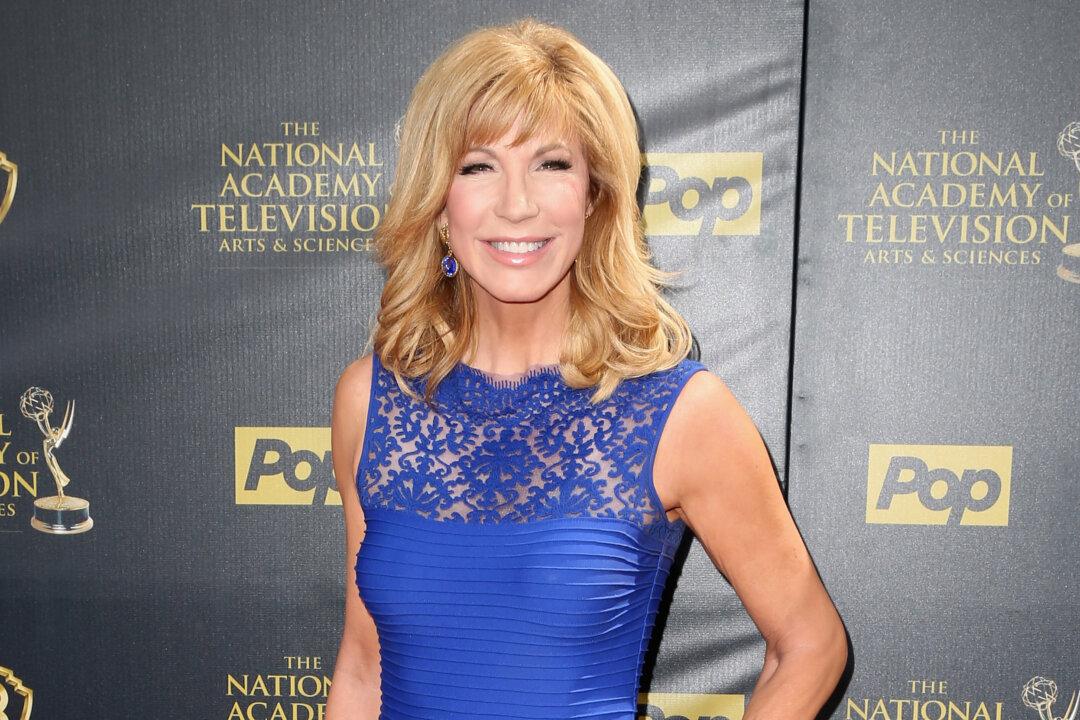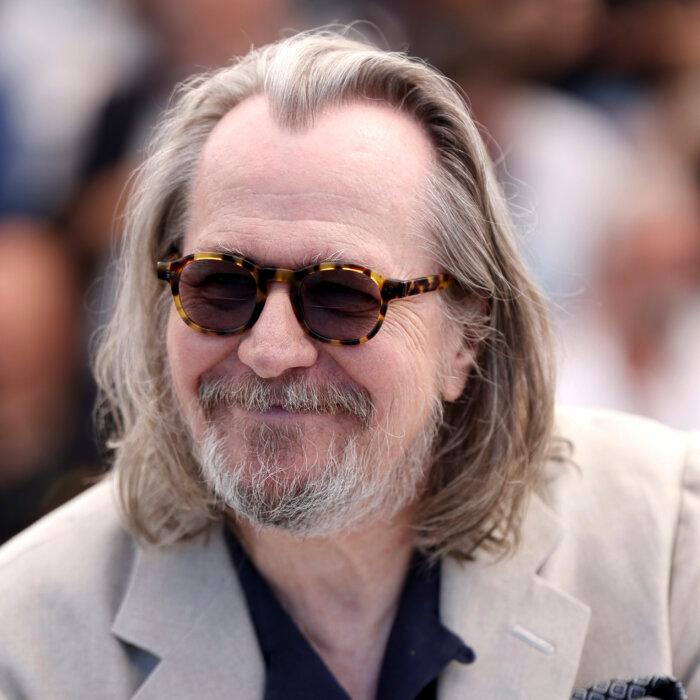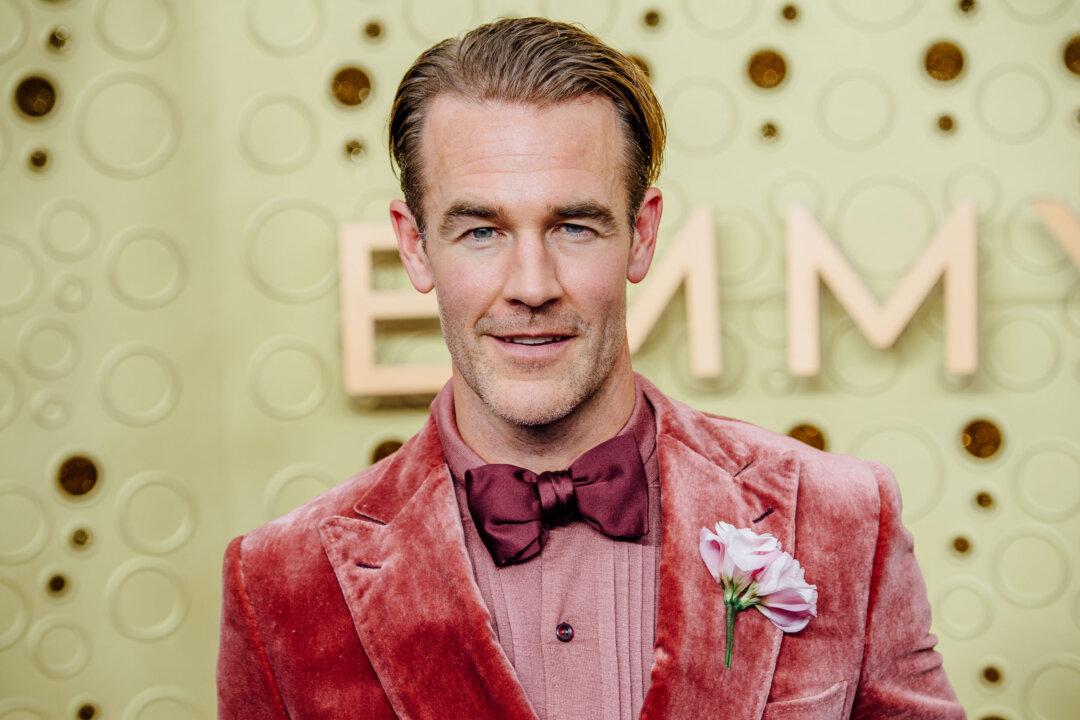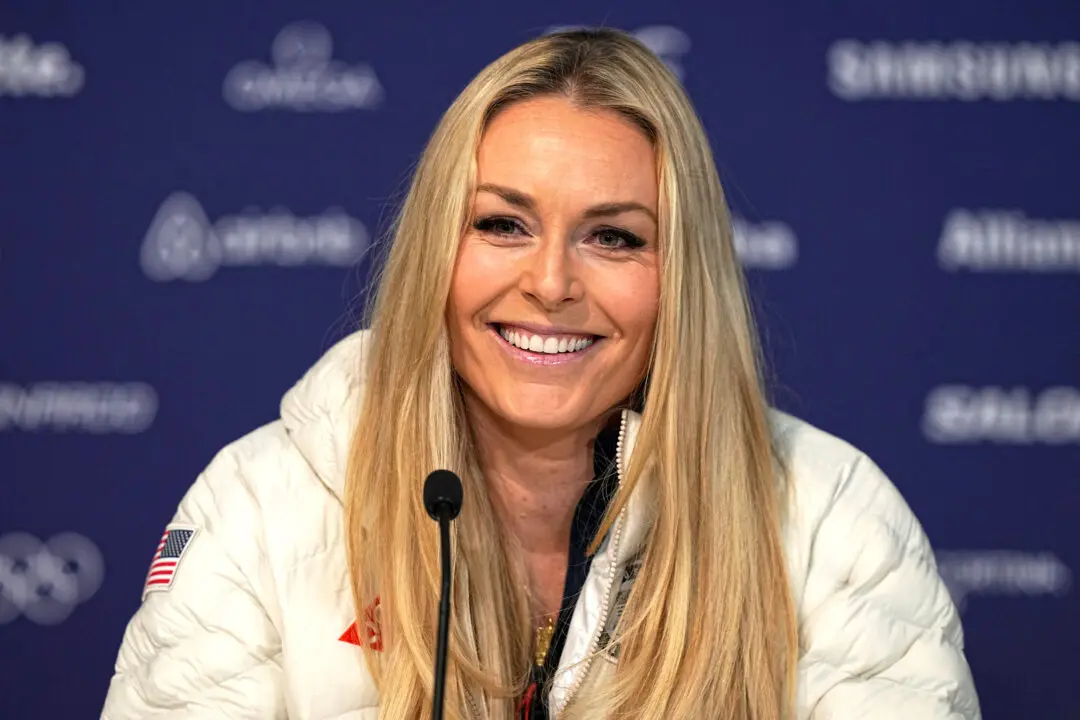Former network television host Leeza Gibbons made a household name for herself in the entertainment industry but decided more than two decades ago to leave that world behind for a greater cause.
Best known for her work as host of “Entertainment Tonight” and her award-winning daytime talk show “Leeza” from 1984 to 2000, Gibbons was moved by caregiving advocacy, after her mother and grandmother both died from Alzheimer’s disease.
Alzheimer’s disease is a progressive brain disorder affecting a person’s ability to function.
Primarily, Gibbons wanted to offer programs she wished her mother had while going through her own battle, and vowed to honor her legacy through “empowerment” and “education.”
Gibbons credited her foundation as the “greatest work” she’s ever done and prides herself on being able to help others in a creative and impactful way.
“I always say, ‘You can’t heal it if you don’t reveal it.’ There’s tremendous power in feeling heard, in being able to relieve some of the guilt or grief or even frustration felt by caregivers,” she told People.
“It’s the most fun. It’s the most creative; it’s the most dynamic. The only thing that really lasts is how we care for each other. And this puts me in touch with that on a daily basis.”
While her primary focus has changed, Gibbons reaffirms she hasn’t fully retired from television and does miss working in the industry.
“No one has loved their career more than I’ve loved mine. It has been such a fun ride, and I’ve loved every aspect of it ... But I deliberately changed the pace of it when I stepped into what I see as my real calling, which was my nonprofit,” she said.
Earlier this year, Gibbons signed a new deal with KTLA in Los Angeles, continuing her relationship with the television station.
Under the partnership, she returned this year as co-host of the 136th annual Rose Parade, which she has previously hosted since 2017.
The Rose Parade, also known as the “Tournament of Roses,” is held in Pasadena, California, and has become an annual New Year’s Day tradition for many across the globe.
The parade features four main types of entries: floral-covered floats, equestrian units, marching bands, and tournament entries.
“I call it ‘downshifting,’” she said of her life now. “It doesn’t mean you’re not in the race anymore. It just means that you’ve found a different lane, and you’re no longer distracted by the other cars on the road. And I think you get such greater clarity of where you’re going and what you want.”







